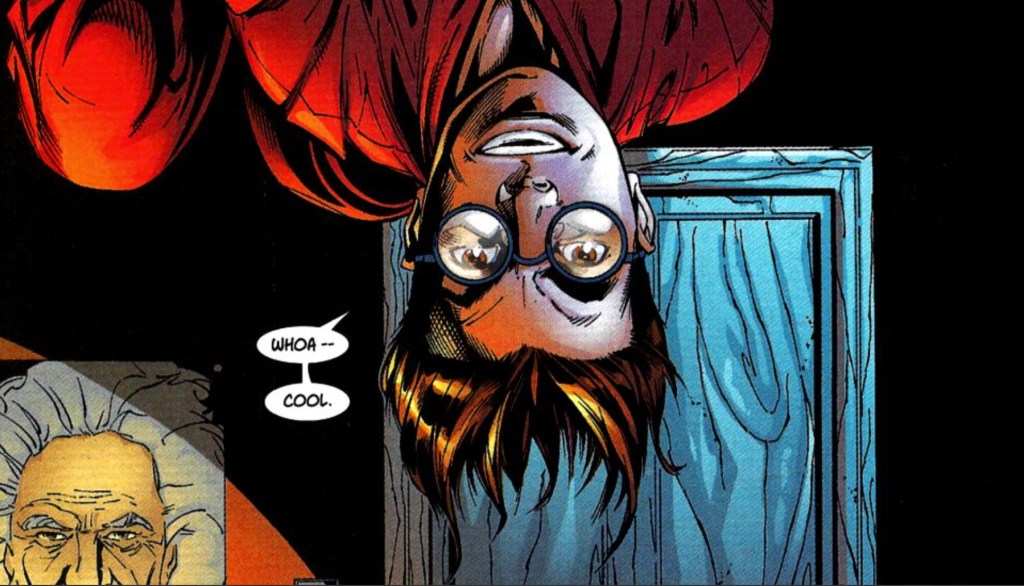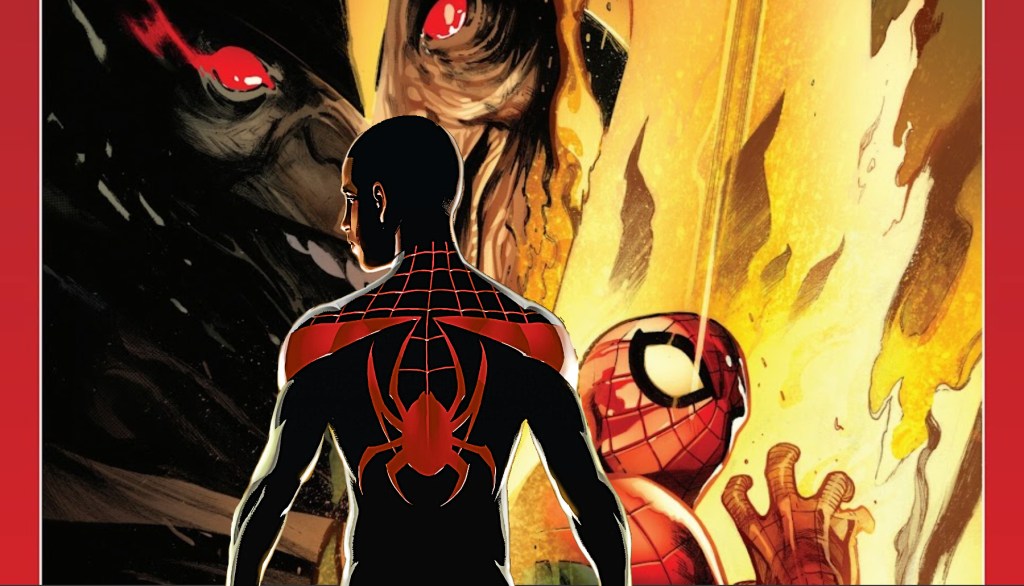In April 2025, Marvel Comics “refreshed” The Amazing Spider-Man franchise — ostensibly to give its new creative team greater flexibility to return the story to its roots, with a poor, single Peter Parker struggling to balance his everyday life with his responsibilities as Spider-Man. At the same time, the reboot aims to introduce plenty of new and exciting foes and situations. The goal seems to be to reinvigorate the series with a creative blend of the old and the new. In the very first issue from the new team — Joe Kelly, John Romita Jr., and Pepe Larraz — we find a jobless Peter Parker trying to make ends meet while battling one of his classic foes, the Rhino, as a mysterious new threat begins to emerge in the background
Videos by ComicBook.com
Marvel’s decision to bring the Peter Parker/Spider-Man story back to a simpler, less complicated era is not only reasonable but commendable, especially given the numerous paths and iterations the character has undergone between Volume 2 and Volume 3. However, the challenge remains: even a more traditional, ‘old-school’ Spider-Man doesn’t necessarily make for a compelling story, at least not for today’s Marvel Comics fan base.
Marvel’s Primary 616 Spider-Man Storyline Has Gone as Far as It Can Go

Many fans and critics have lauded the latest Spider-Man installment as a refreshing return to classic “Spidey storytelling.” They appreciate its avoidance of polarizing themes and its focus on Spider-Man succeeding as a hero while grappling with relatable everyday struggles. However, the central issue is the lack of originality. This narrative approach is not new; it’s the same core dynamic that’s persisted since the early 1960s. While creators like Kelly, Romita, and Larraz undoubtedly bring a fresh energy to the retelling, the fundamental truth remains: it is, at its core, a rehash of familiar territory.
[ RELATED: Can The Amazing Spider-Man Really Be Good Again? ]
Indeed, these issues are not new to the title—they’re endemic to the Amazing Spider-Man brand. Who could forget the jaw-dropping “never mind” moment of the “One More Day” arc? Setting aside that divisive storyline, the series has consistently been plagued by a type of comic book “bloatware”: narratives that do not significantly progress the central storyline, yet are still essential for following the overall plot. Perhaps the best example of this was the “Clone” Saga, which overloaded the central storyline with subplots that often felt like filler, and ultimately concluded without a clear or satisfying resolution.
Perhaps the most damning aspect of the recent title refresh is that it fails to deliver a compelling or welcoming story that gives new fans – or those who have dropped out of the series – a good entry or reentry point. While the recent refresh has a new vibe, it’s bogged down by decades-old continuity and repetitive tropes. For instance, will new fans really get excited about a villain like Rhino, who succeeds simply by running into people? And do any older fans think Rhino will change his attack strategy, such as trying to take down Spider-Man in a fistfight?
The Ultimate Spider-Man is the Perfect Reboot Story

However, Marvel Comics doesn’t need to rely on Peter Parker to reboot the Spider-Man brand. There is another option for executing a truly engaging reboot. Rather than focusing on the flagship Amazing Spider-Man title as the primary vehicle for change, Marvel should shift its attention to the Ultimate Spider-Man storyline. The title arguably offers the freshest and most compelling content within the franchise, providing a foundation for deeper and more meaningful exploration. Indeed, a reboot using Ultimate Spider-Man would not only attract both new and longtime fans but also propel the story forward in creative ways. This option also remains consistent with the larger Spider-Man continuity.
The Ultimate Spider-Man title is a much better platform for a Spider-Man reboot for two main reasons. First, Brian Michael Bendis and Mark Bagley’s compelling modernization of the Spider-Man story stands out as something special. Although the story retells the origin story, it grounds Peter and his struggles in contemporary society, where the issues he confronts and the technologies he uses are the same ones that fans and readers deal with in their own lives. For instance, Aunt May is depicted as a more involved and aware relative who doesn’t always need saving and can sometimes provide valuable support.
An important sub-element of this point is the growth Peter experiences throughout the story. While he starts as the same kid we know from the primary Spider-Man timeline, he isn’t perpetually locked into that iteration. His relationship with Mary Jane, for instance, evolves and matures just as it would with two friends who grow up together. This reimagining of Peter Parker —and Spider-Man as a whole— makes him far more relatable and, consequently, more compelling. As told by Bendis and Bagley, the story allows new fans to easily grasp key details and follow its progression without feeling overwhelmed, confused, or ultimately alienated by the plot.
Miles Morales Surpasses Peter Parker as the Modern Idea of Spider-Man

The second reason Marvel Comics should promote Ultimate Spider-Man as its reboot gateway is Miles Morales. He represents the ideal modern update to the Spider-Man legacy — appealing to a global audience while staying connected to the original lore. Unlike Peter Parker, whose story has become weighed down by decades of continuity, Miles’s narrative remains fresh and full of potential. Much like Kyle Rayner’s introduction as Green Lantern, Miles feels like a natural evolution of the Spider-Man hero. He exists simultaneously in his own world and within the broader Marvel multiverse, proving himself a capable young hero still learning the ropes, just as Peter Parker was when the comic first launched in the 1960s.
While a significant portion of Miles Morales’ story has already been revealed, there’s much more to explore. Unlike Peter Parker’s narrative, which is constrained by its extensive history and thus limited in charting new territory, Miles’ future is a blank slate. This allows for the introduction of entirely novel situations, characters, and themes, or the integration of established concepts, such as the Green Goblin. Focusing on Ultimate Spider-Man in this manner would be less of a reboot and more of a meaningful transition to a new era of Spider-Man. Furthermore, since Miles’ story is currently unfolding, new fans can easily join the narrative with minimal prior knowledge.
As for Peter Parker – perhaps it’s time for his retirement. Over the decades, he’s accomplished so much in and for the Marvel Universe — if anyone deserves a rest, it’s him. But retirement doesn’t mean he’ll disappear or fade away. He could still serve as a mentor and source of guidance for Miles, or —more intriguingly— he could return at some point as a villain. There’s already a grown Peter Parker, with a wife and kids, in New Ultimate Spider-Man, just beginning his career as a hero. He could become a formidable future nemesis for Miles. This all highlights how bright Spider-Man’s future could be if Marvel Comics shifts its focus from The Amazing Spider-Man to Ultimate Spider-Man as the brand’s flagship title.









